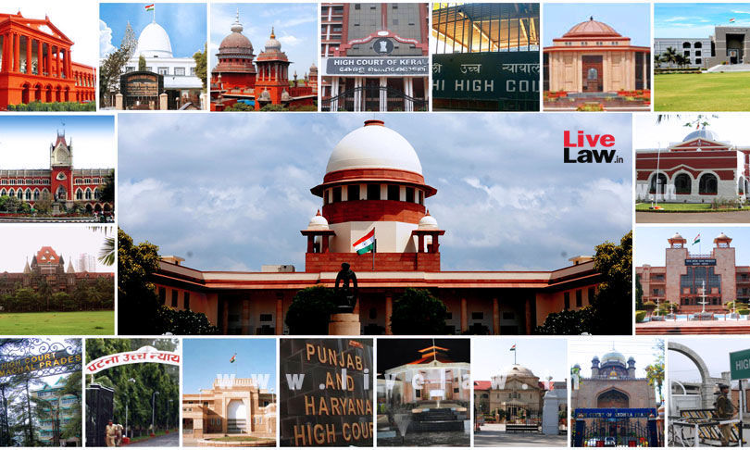Supreme Court Has No Power Of Superintendence Over High Courts : SC
LIVELAW NEWS NETWORK
21 Feb 2024 3:29 PM IST

Next Story
21 Feb 2024 3:29 PM IST
The Supreme Court stated that it has no power of superintendence over the High Courts.A bench comprising Justices Dipankar Datta and Augustine George Masih made this observation while refusing to direct a High Court to expeditiously decide a criminal appeal filed by the petitioner. The petitioner filed a writ petition under Article 32 of the Constitution aggrieved by the delay in the hearing...
